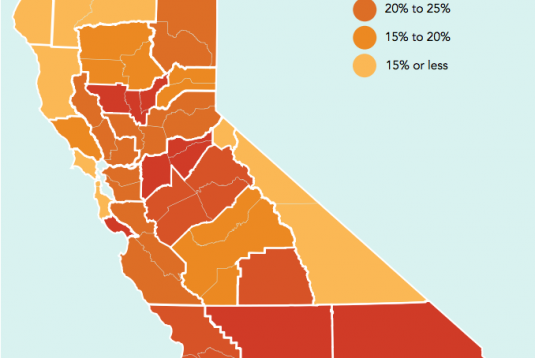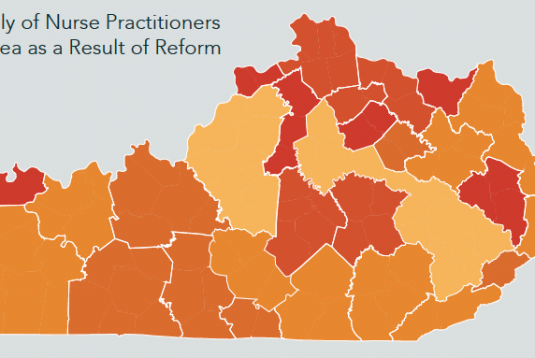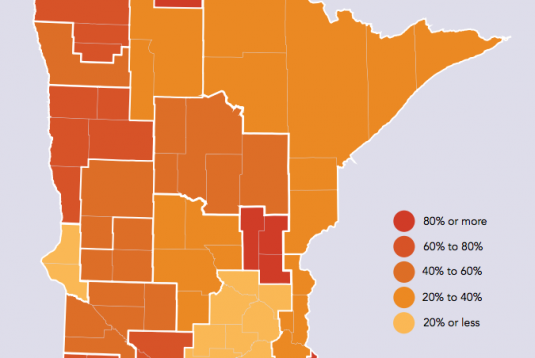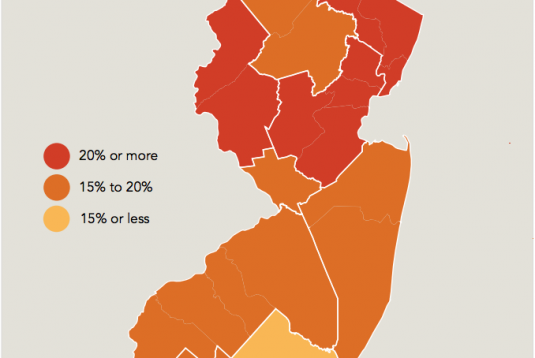Expanding Access to Health Care and Increasing the Quality of Care
This project includes a report and accompanying briefs that explore how full practice authority for nurse practitioners increases access and controls costs, and it compares and contrasts health care delivery issues in four states: California, Kentucky, New Jersey, and Minnesota.

Full Practice Authority for Nurse Practitioners Increases Access and Controls Cost
This report seeks to examine nurse practitioners’ role in expanding access to and improving the quality of care, thereby helping to address this surge in demand controlling health care costs for businesses and consumers. Nurse practitioners are the analytical focus of the report due to the amount of academic research that has been focused on this specific discipline.

Spotlight: California
California is the most populous state and has been a leader in the implementation of federal health reform. It is home to the largest number of primary care physicians and nurse practitioners. However, the state ranks 23rd in the number of primary care physicians per resident.1 With the state’s covered population set to rise substantially, the supply of primary care clinicians will become strained even further.

Spotlight: Kentucky
Kentucky faces a severe physician shortage. The state ranks 40th in the number of primary care physicians per capita and seven out of ten Kentucky counties have partial or full designations as Health Professional Shortage Areas.

Spotlight: Minnesota
Minnesota has been ahead of the curve when it comes to health reform for decades. In 1992 the state legislature passed a series of health reform initiatives that included an expansion of Medicaid eligibility for families with children, and in 1994
the program was expanded again to include childless adults. The state has taken action yet again by passing legislation to grant nurse practitioners full practice authority beginning in 2015. However, while the state has a relatively high concentration of primary care physicians per capita, it ranks 35th in the number of nurse practitioners per capita.

Spotlight: New Jersey
New Jersey is the most densely populated state in the nation and home to a relatively large number of primary care physicians per capita. However, the state also has a large population of uninsured individuals, many of whom will gain coverage under the Affordable Care Act. With over 400,000 individuals newly covered across the state, the supply of primary care clinicians is likely to become strained.
